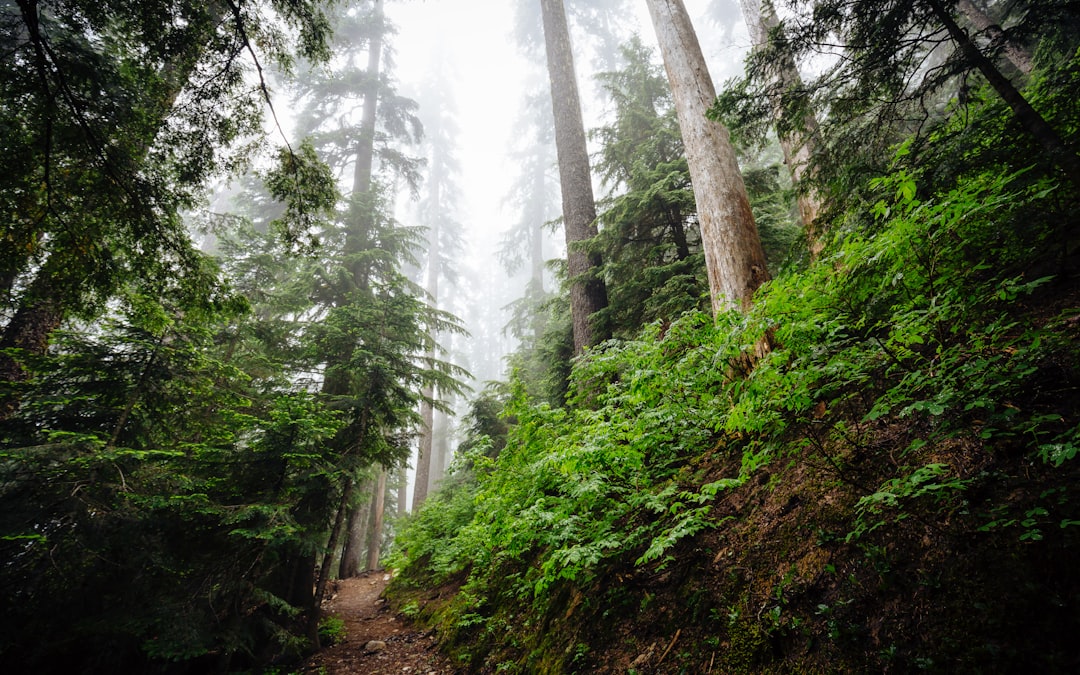
In the hustle and bustle of modern life, stress seems to be an ever-present companion. As deadlines loom and responsibilities pile up, finding ways to unwind becomes crucial. What if I told you that one of the most effective remedies lies just beyond your front door? Engaging with the great outdoors has proven psychological benefits, and stepping into nature could be the rejuvenation you didn’t know you needed.
Imagine this: a sun-drenched forest, the gentle rustling of leaves, and the scent of pine in the air. This tranquil scene is more than just picturesque; it’s a sanctuary for your mental well-being. Studies have shown that spending time in natural environments can lower stress levels, reduce anxiety, and even improve mood. The concept of “nature therapy” has gained traction, emphasizing the connection between our psychological state and the natural world.
One of the simplest yet most effective ways to immerse yourself in nature is through hiking. Trails can be found in abundance, from well-marked paths in national parks to hidden gems in local communities. Whether you’re a seasoned hiker or just starting, there’s something meditative about the rhythm of your feet hitting the ground, the fresh air filling your lungs, and the breathtaking views that await at the summit. It’s an experience that encourages mindfulness, allowing you to escape the chaos of daily life.
But hiking isn’t the only way to connect with the outdoors. Consider trying your hand at outdoor yoga. Many parks and gardens host free classes that not only promote physical fitness but also encourage a sense of peace and community. The combination of gentle movement, deep breathing, and nature’s backdrop fosters a unique atmosphere conducive to relaxation and introspection.
For those who prefer a bit more adrenaline, activities like rock climbing or kayaking can provide a thrilling escape from everyday worries. These activities require focus and presence, pushing aside the mental clutter and placing you squarely in the moment. The sense of accomplishment from conquering a climbing route or navigating a challenging waterway can leave you feeling empowered and uplifted.
Another engaging outdoor pursuit is gardening. Not only does it connect you with the earth, but nurturing plants can also provide a sense of purpose. The act of planting seeds and watching them grow is a tangible representation of care and patience, reflecting our own journeys of personal growth. Plus, the satisfaction of harvesting your own fruits and vegetables brings a unique joy that supermarket produce simply can’t match.
Moreover, don’t underestimate the power of simply sitting in nature. Whether it’s a park bench, a beach chair, or a cozy blanket on the grass, take time to absorb your surroundings. Bring a book, listen to music, or even engage in mindful meditation. These moments of stillness can clear your mind and allow for reflection, fostering a deeper connection with your thoughts and emotions.
Incorporating outdoor activities into your routine doesn’t have to be a grand affair. Start small; aim for a daily walk in a nearby park, plan weekend excursions, or join community groups focused on outdoor adventures. Each step you take outdoors is a step toward better mental health.
In closing, remember that nature is not just a backdrop for your adventures but a partner in your mental well-being. It invites you to step away from screens, breathe deeply, and reconnect with the world around you. So next time stress starts to weigh you down, consider a stroll in the park or a hike in the woods—your mind and body will thank you for it. Embrace the great outdoors; it’s a journey toward healing and happiness.